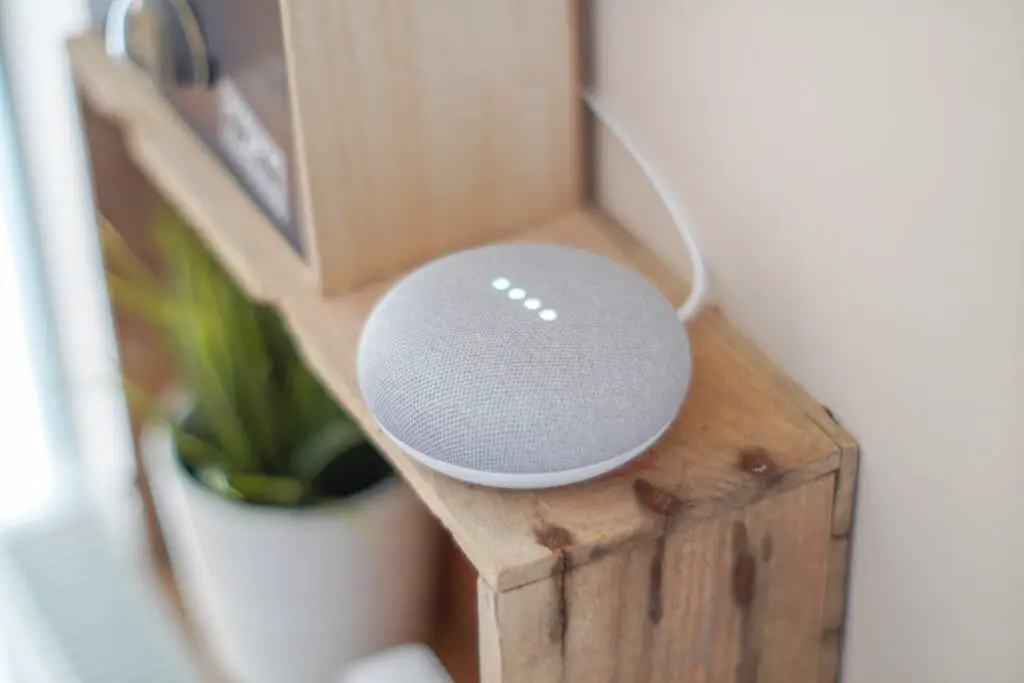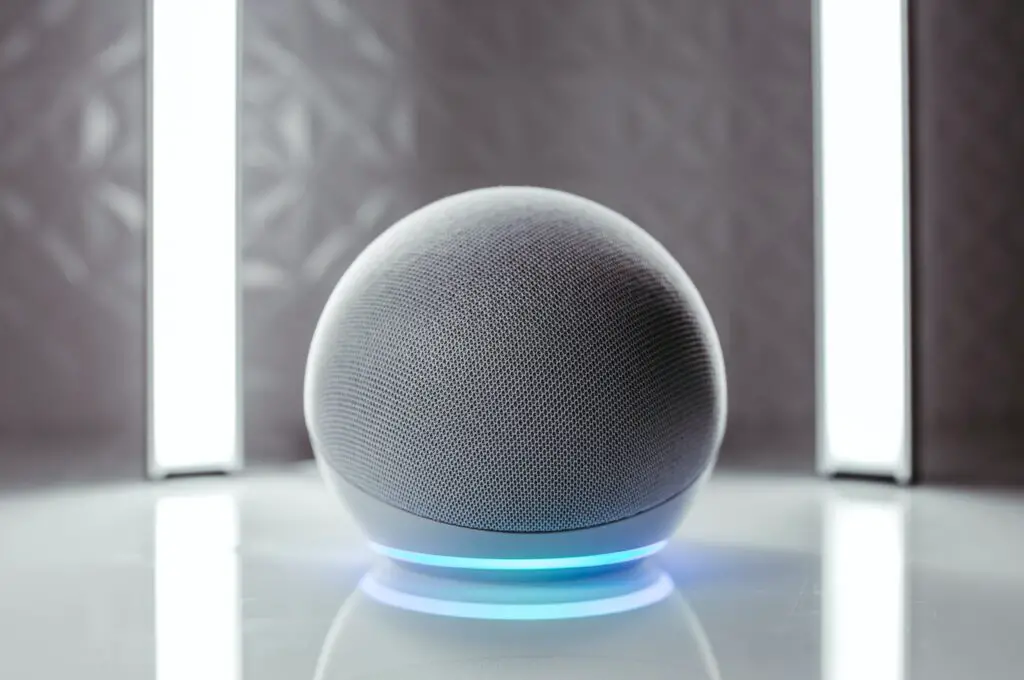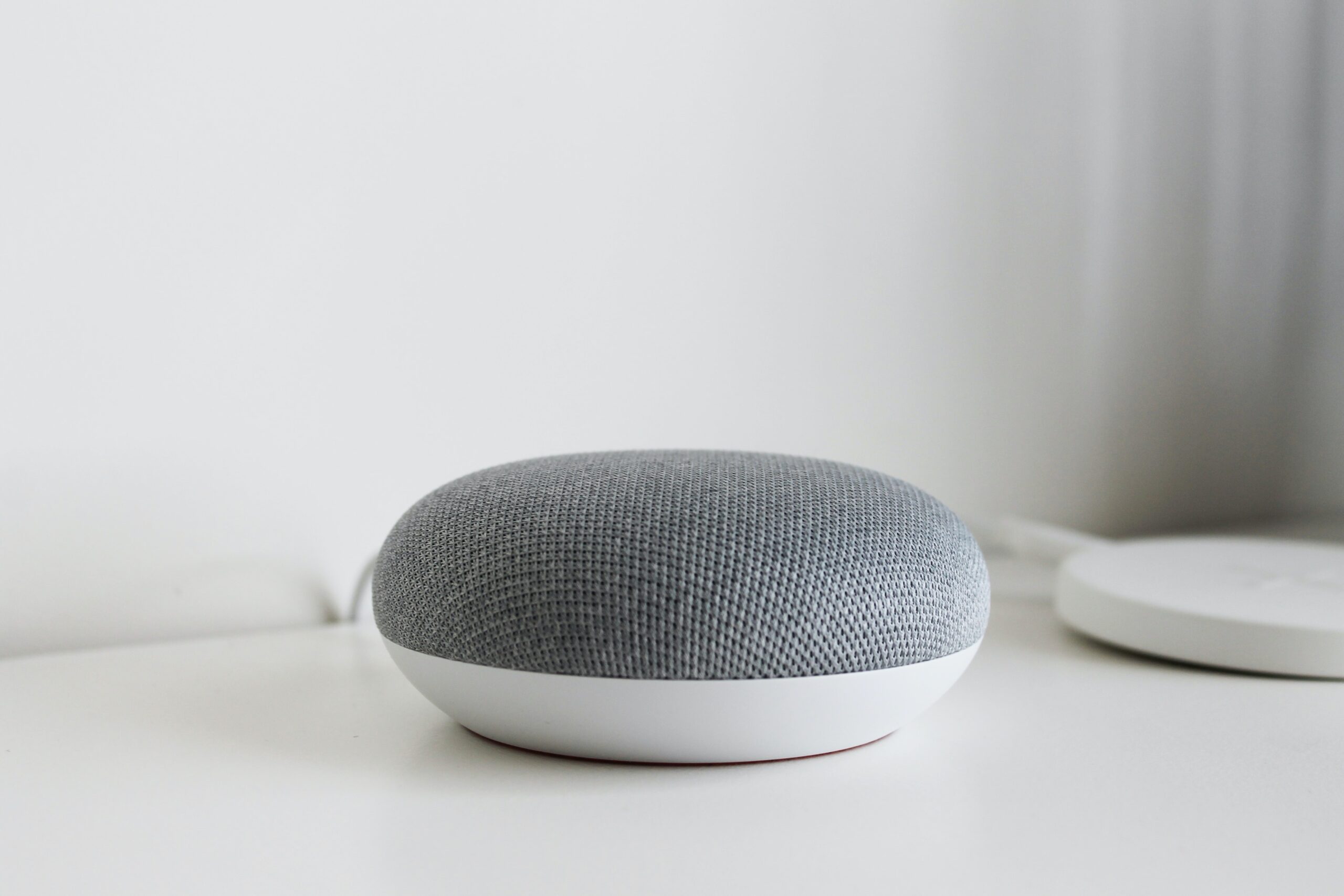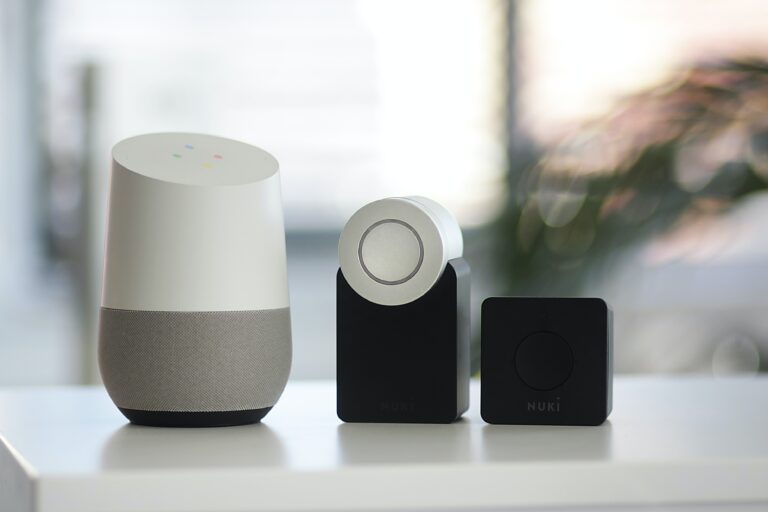Voice assistants have revolutionized the way we interact with technology, making tasks as simple as setting reminders or controlling smart devices a breeze.
Among the top contenders in the world of voice assistants are Amazon’s Alexa, Google Assistant, and Apple’s Siri. These AI-powered virtual companions are designed to make our lives easier, but they each have their unique strengths and weaknesses.
In this comprehensive guide, we will delve deep into the world of voice assistants, comparing Alexa, Google Assistant, and Siri across various aspects.
Understanding Voice Assistants
Voice assistants are more than just voice-activated programs. They have evolved to become integral parts of our daily lives, seamlessly integrating with various devices and platforms.
Voice assistants are AI-powered software applications that use natural language processing (NLP) and voice recognition technology to interpret and respond to spoken commands. They have come a long way since their inception, evolving into multifaceted digital companions that can assist with tasks ranging from answering questions to controlling smart home devices and even engaging in natural conversations.
Evolution and Development of Voice Assistant Technology
Over the years, voice assistants have undergone significant improvements. Starting with basic command recognition, they now boast advanced NLP algorithms, improved speech synthesis, and the ability to understand context and user preferences.
Integration of Voice Assistants into Various Devices and Platforms
Today, voice assistants are not limited to smartphones; they’re found in smart speakers, headphones, televisions, and even cars. Their integration with platforms like Amazon Echo, Google Home, and Apple HomeKit has expanded their reach, making them central to the concept of the Internet of Things (IoT).
1. Alexa: Amazon’s Voice Assistant

Alexa, Amazon’s voice assistant, has been a trailblazer in the world of voice technology, with a wide array of features and skills.
Alexa, developed by Amazon, made its debut in November 2014 with the Amazon Echo smart speaker. Since then, it has grown into a formidable voice assistant, powering a variety of Amazon Echo devices and third-party products.
Features and Capabilities
Voice Recognition and Natural Language Processing
Alexa’s robust voice recognition and NLP capabilities enable it to understand and respond to a wide range of commands naturally. Its ability to grasp the context and recognize different accents and dialects is impressive.
Skills and Third-Party Integrations
One of Alexa’s standout features is its Skills, which are voice-driven capabilities that extend its functionality. With a vast library of third-party skills, Alexa can order food, play games, provide news updates, and even control smart home devices.
Smart Home Control and Automation
Alexa’s compatibility with various smart home devices and platforms, including Philips Hue, Nest, and SmartThings, makes it a central hub for home automation. You can control lights, thermostats, locks, and more using voice commands.
Pros and Cons
Strengths of Alexa
- Vast skills library for extended functionality.
- Strong, smart home integration.
- Excellent voice recognition and natural language processing.
Limitations and Areas for Improvement
- Privacy concerns regarding voice data storage.
- May struggle with complex, multi-step requests.
- Limited integration outside the Amazon ecosystem.
User Experience and User Feedback
Customer satisfaction with Alexa is generally high, thanks to its impressive voice recognition and extensive skills library. However, some users have expressed concerns about privacy and data security. It’s essential to carefully review Alexa’s privacy settings to align them with your preferences.
2. Google Assistant: Google’s Voice Assistant

Google Assistant is renowned for its search prowess and deep integration with Google’s suite of services.
Google Assistant, introduced in 2016, is the voice assistant developed by Google. It was designed to offer a more conversational and personalized experience compared to its competitors.
Functionality and Key Features
Google’s Search Capabilities
One of Google Assistant’s standout features is its ability to provide accurate and context-aware search results. It leverages Google’s powerful search engine to answer questions and provide information quickly.
Integration with Google Services
Google Assistant seamlessly integrates with Google’s ecosystem, including Gmail, Google Calendar, and Google Drive. This allows users to access and manage their Google-related tasks effortlessly.
Personalization and Context Awareness
Google Assistant excels in understanding user context and preferences, making it adept at providing personalized recommendations and reminders. It can distinguish between voices to offer tailored responses.
Advantages and Disadvantages
Benefits of Using Google Assistant
- Exceptional search capabilities.
- Deep integration with Google services.
- Strong contextual understanding of personalized interactions.
Challenges and Drawbacks
- Limited compatibility with non-Google devices.
- Privacy concerns due to data collection.
- Some users find it less capable in smart home control compared to Alexa.
User Reception and Public Perception
Google Assistant has garnered praise for its search abilities and contextual understanding. However, it has also faced scrutiny over privacy concerns related to data collection. Users who heavily rely on Google’s ecosystem tend to find it more beneficial.
3. Siri: Apple’s Voice Assistant

Siri, Apple’s voice assistant, boasts deep integration with Apple’s ecosystem and a focus on user privacy.
Siri, introduced by Apple in 2011, was one of the pioneering voice assistants. It was initially developed by a start-up company before being acquired by Apple and integrated into their products.
Notable Features and Functionalities
Apple Ecosystem Integration
Siri is deeply embedded within the Apple ecosystem, allowing users to seamlessly control iOS devices, Macs, Apple Watch, and HomePod. It can send messages, set reminders, and initiate calls using Apple’s native apps.
Voice-Based Tasks and Interactions
Siri can perform a wide range of voice-based tasks, including sending emails, setting calendar appointments, and providing weather updates. Its voice recognition is optimized for a natural and conversational experience.
Accessibility Features and Languages Supported
Siri places a strong emphasis on accessibility, making it a valuable tool for users with disabilities. It also supports multiple languages and dialects, enhancing its global appeal.
Strengths and Weaknesses
Positive Aspects of Siri
- Seamless integration with Apple’s ecosystem.
- Strong focus on user privacy and data security.
- Wide range of supported languages and dialects.
Areas That Need Improvement
- Limited compatibility with non-Apple devices.
- Some users find Siri less capable in providing general information compared to Google Assistant.
- Siri’s third-party app integration lags behind Alexa and Google Assistant.
User Sentiment and User Reviews
Siri enjoys a loyal user base within the Apple ecosystem, primarily due to its seamless integration. Users appreciate its privacy-centric approach and accessibility features. However, some users have noted that it may not perform as well as Google Assistant in certain information-based queries.
Comparative Analysis

When choosing a voice assistant, it’s crucial to consider various factors, including their performance, compatibility, and privacy measures.
1. Performance in Voice Recognition and Understanding
Alexa, Google Assistant, and Siri have all made significant strides in voice recognition. However, Google Assistant tends to have an edge in providing accurate responses to general knowledge questions, thanks to its connection to Google’s vast search database.
Alexa is known for its strong voice recognition capabilities, especially in smart home environments. Siri excels in understanding user context within the Apple ecosystem but may lag behind in general information queries.
2. Integration with Third-Party Apps and Services
Alexa leads the way in terms of third-party integrations. Its vast skills library allows users to extend its functionality significantly. Google Assistant also has a growing number of third-party integrations thanks to its popularity and developer support. Siri, while improving, is generally considered to have fewer third-party app integrations compared to its counterparts.
3. Smart Home Control and IoT Compatibility
If your primary use for a voice assistant is controlling smart home devices, Alexa is a strong choice. Its compatibility with numerous smart home platforms and devices is unmatched.
Google Assistant also performs well in this regard but may have slightly fewer integrations. Siri, while compatible with HomeKit, may have limitations with non-Apple smart devices.
4. Personalization and Contextual Awareness
Google Assistant is known for its contextual understanding, providing personalized responses and recommendations based on user preferences and past interactions. Siri also offers a degree of personalization, especially within the Apple ecosystem. Alexa, while improving, may not excel as much in this area.
5. Privacy and Data Security Measures
Siri is often praised for its privacy-centric approach, with on-device processing for many tasks and a focus on user data protection. Google Assistant and Alexa, on the other hand, store voice data on their respective cloud servers, raising privacy concerns. However, both companies have implemented measures to address these concerns, including user data deletion options.
6. Cross-Platform Compatibility and Device Support
When choosing a voice assistant, consider the devices you already own or plan to purchase. Alexa is compatible with a wide range of devices, including non-Amazon products. Google Assistant is versatile but may be more tightly integrated into Google devices. Siri is limited to Apple’s ecosystem.
Future Trends and Developments
Voice assistant technology is continually evolving, with exciting developments on the horizon.
Predictions for the Evolution of Voice Assistant Technology
In the coming years, we can expect voice assistants to become even more integral to our daily lives. They will likely continue to improve their natural language processing, expanding their conversational abilities. Additionally, advancements in AI and machine learning will make them more context-aware and capable of understanding user intent.
Potential Advancements in AI and Natural Language Processing
As AI and NLP technologies progress, voice assistants may become more adept at handling complex tasks and nuanced conversations. They could better understand multiple languages, dialects, and even emotions, making interactions even more natural and intuitive.
Integration into Emerging Technologies (e.g., AR, VR)
Voice assistants are likely to play a significant role in emerging technologies like augmented reality (AR) and virtual reality (VR). They could become integral to hands-free interactions in these immersive environments, enhancing user experiences.
Ethical and Societal Considerations (e.g., AI Ethics, Accessibility)
The growth of voice assistants also raises important ethical and accessibility considerations. Developers and companies must prioritize data privacy, transparency, and accessibility to ensure that these technologies benefit all users while respecting their rights and preferences.
Conclusion
Alexa, Google Assistant, and Siri stand as formidable contenders, each with its strengths and weaknesses. The choice between them ultimately depends on your specific needs, preferences, and existing device ecosystem.
As you weigh the pros and cons of these voice assistants, consider factors like their performance in voice recognition, integration with third-party apps, smart home compatibility, personalization, privacy measures, and cross-platform support. Additionally, stay attuned to the evolving landscape of voice technology, as future advancements promise even more exciting capabilities.
So, whether you’re asking Siri, Alexa, or Google Assistant, “What’s the weather today?” or controlling your smart lights with a simple command, these voice assistants are here to make your life more convenient and connected.
Frequently Asked Questions (FAQs)
Still have questions about choosing the right voice assistant for you? Check out these frequently asked questions.
1. Which is better, Alexa or Google Assistant or Siri?
The choice between Alexa, Google Assistant, and Siri depends on your specific needs and preferences. Each has its strengths; Alexa excels in smart home control, Google Assistant is adept at providing accurate search results, and Siri seamlessly integrates with the Apple ecosystem.
2. Which voice assistant is best, Siri or Alexa?
Determining the best voice assistant between Siri and Alexa depends on whether you’re deeply invested in the Apple ecosystem (Siri) or prefer the versatility of smart home control and a vast skills library (Alexa).
3. Who is better, Google Voice Assistant or Siri?
Google Assistant is known for its search capabilities and integration with Google services, while Siri offers a seamless experience within the Apple ecosystem. The choice depends on your device preferences and the services you use.
4. What is the difference between Alexa and Google Voice Assistant?
The primary differences lie in their ecosystems and strengths. Alexa is closely tied to Amazon’s services and excels in smart home control, while Google Voice Assistant is highly integrated with Google’s ecosystem and is renowned for its search capabilities.



